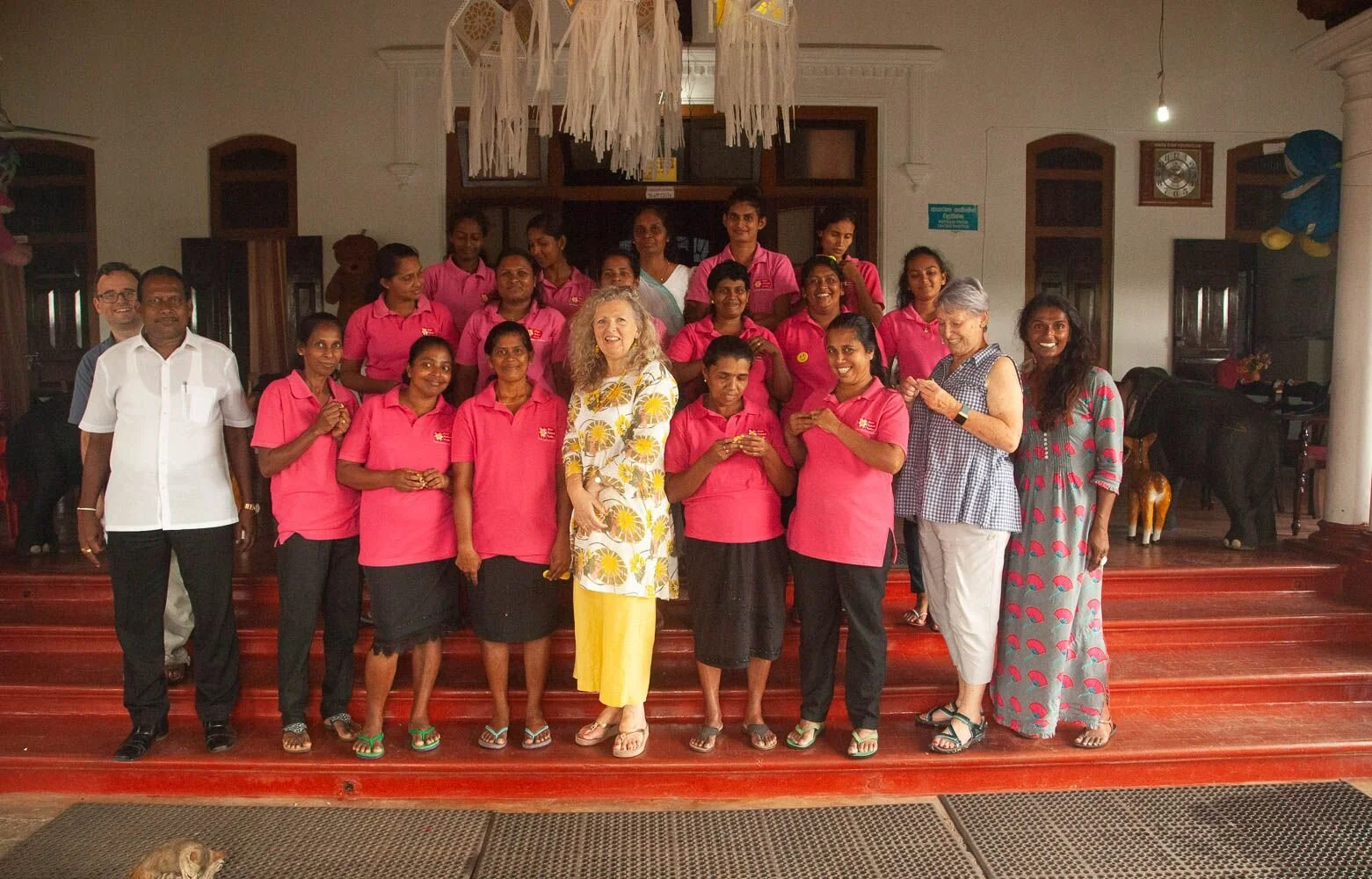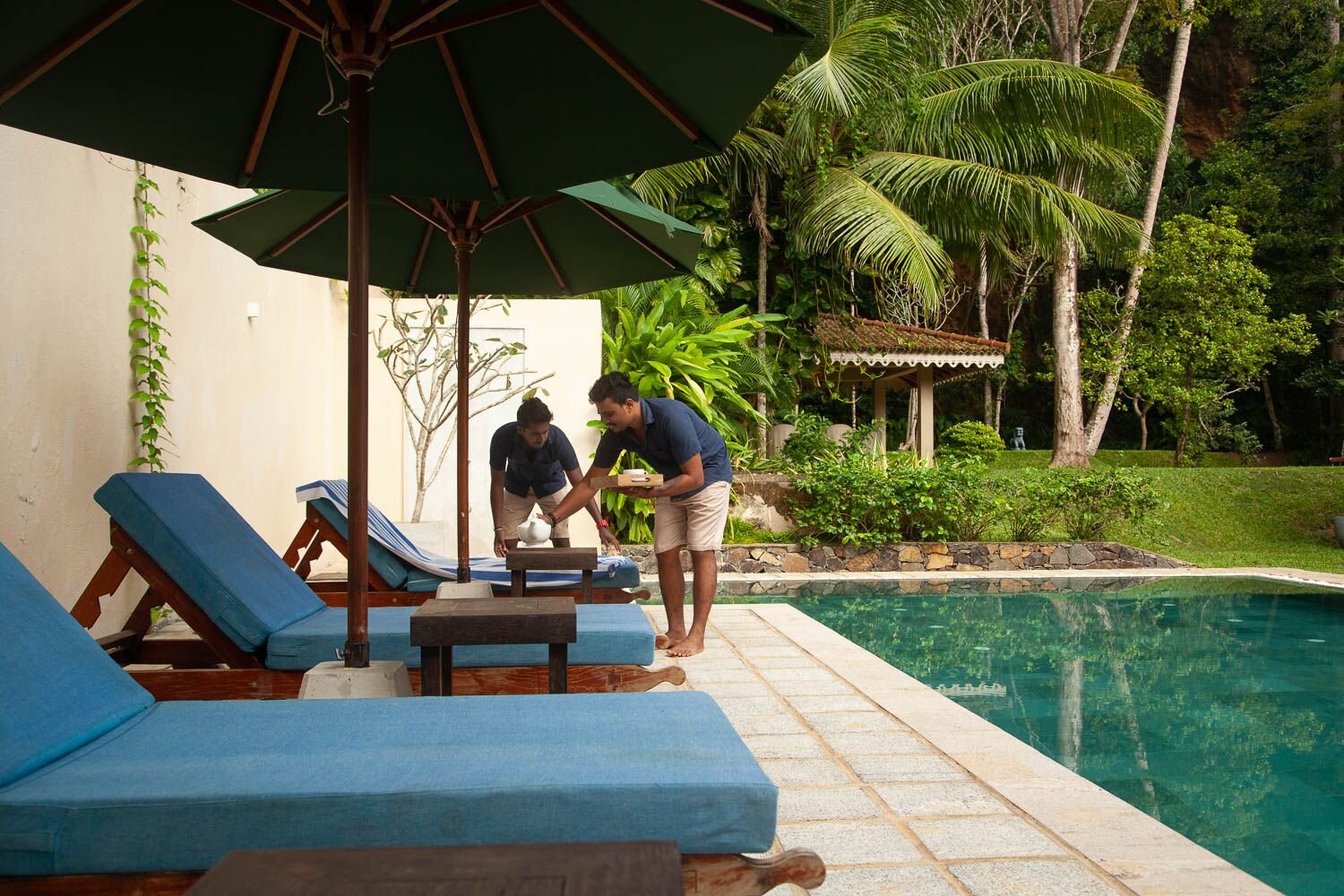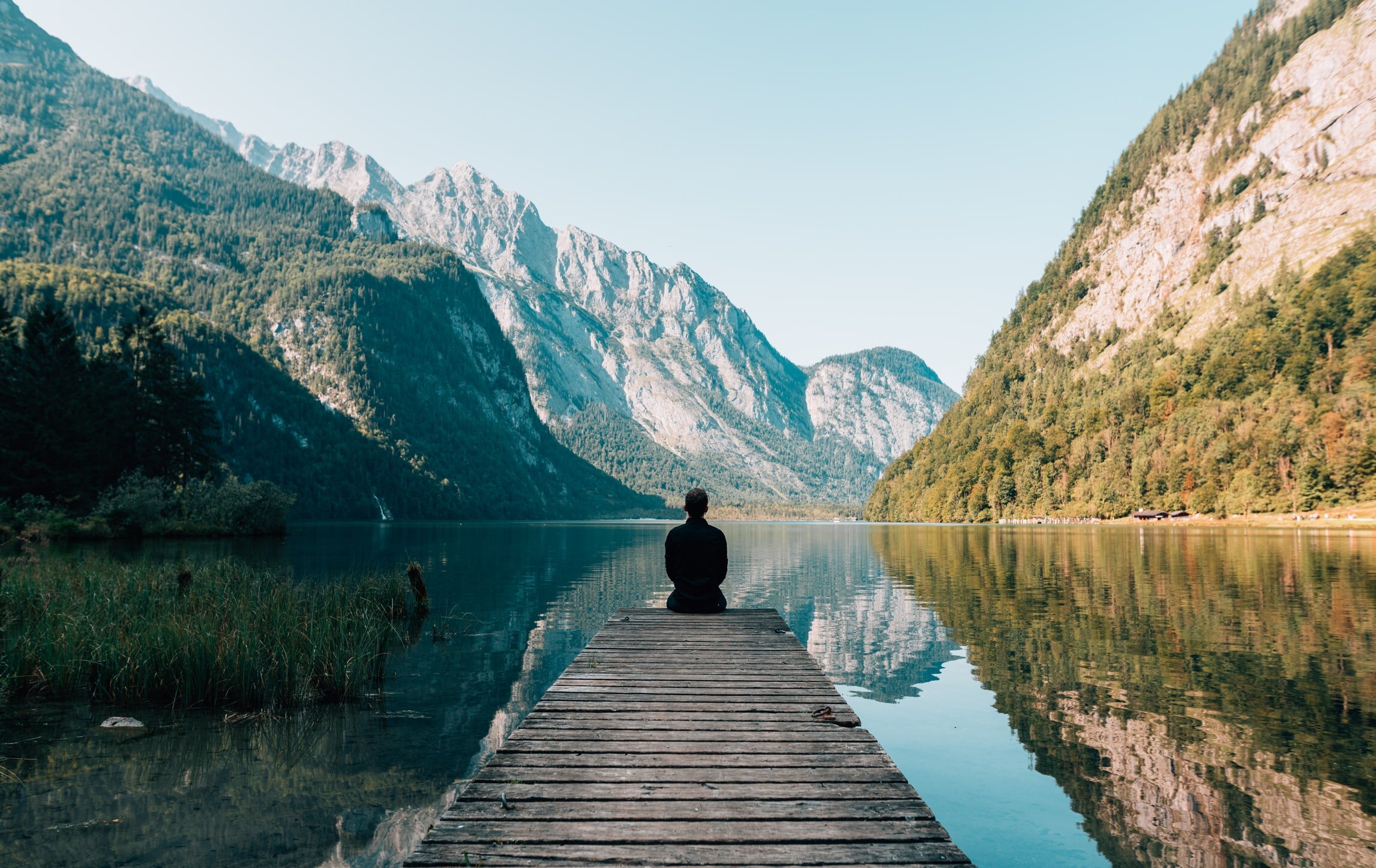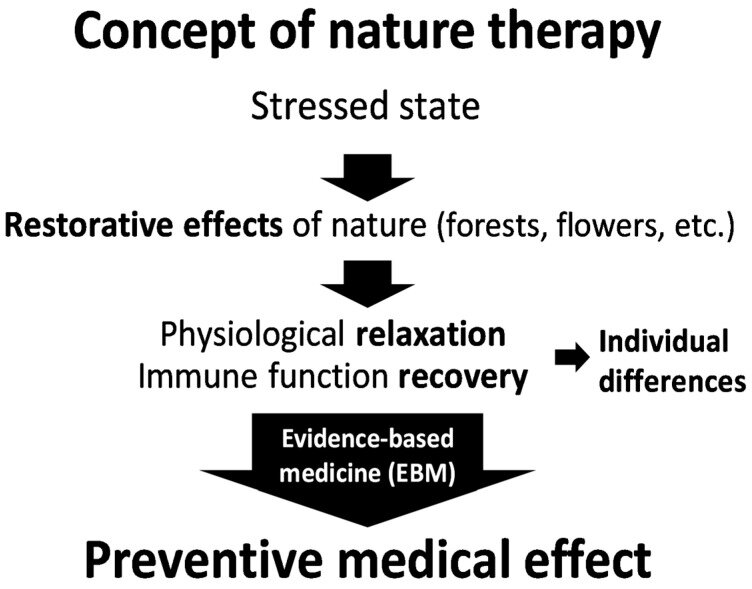Last February I had a light-bulb in Kerala, India. While eating gorgeous vegetarian food, swimming in the ocean, and having Ayurvedic treatments galore, I realised how unaware I was of exactly what I was putting on my skin. Did you know that up to 60% of what you put on your skin gets absorbed into your skin? This can be extremely detrimental to us and the environment.
A lot of ingredients found in traditional skincare products (face washes, lotions, sunscreen, etc) have now been linked to health issues such as allergies, eczema, cancer, hormonal disruption, and reproductive problems. So yes, your skincare can make you sick!
Avoid nasty ingredients
But it's not just our health that is damaged by toxic ingredients. Oxybenzone, a common ingredient found in hundreds of suncreams, poses a serious threat to coral reefs around the world. Oxybenzone has many nasty side effects. It's considered a hazardous eye irritant and, as an allergen, is also known to cause skin allergies. As a hormone disruptor to coral, it also causes hormone disruption in humans, affecting estrogen production particularly in women and testosterone production in men.
That's why choosing a suncream without it is a simple way to protect our planet.
But reading the ingredient labels on skin and beauty products can be intimidating, can't it? With chemicals that have strange industry names and multiple titles. The PL+S certification (protect land and sea) makes it easier for you to identify that products do not contain chemicals that can be serious ecological pollutants.
Here are some other suncream ingredients to avoid:
Mexoryl SX
Octinoxate
Avobenzone
Titanium dioxide
Zinc oxide
When I returned from India I started researching more sustainable, cleaner beauty brands and came across Tropic. The brand was set up by Susie Ma 17 years ago from her kitchen table and all products are freshly made without preservatives. The company has grown enormously with the ethos of sustainable green beauty with a conscience. And, Tropic has partnered with United World Schools to help fund education in some of the poorest, most remote communities of the world.
Don't scrimp on your SPF
One product which should be non-negotiable at any age is SPF. When it comes to your face, opt for factor 50.
We should all be wearing SPF - even in winter. You don't need to be travelling or spending time in the sunshine to use SPF. In overcast weather, UV rays are still bouncing from the clouds and become magnified when streaming through our window panes!
In the same way that Karen is championing sustainable travel through the Make Travel Matter campaign, I hope I can empower people to make positive changes through their skincare choices.
Here's the link to browse Tropic's products if you're interested in trying some for yourself. If you order please add my name (Karon Foxwell) as your ambassador!
This guest blog has been written by Karon Foxwell
Photos by Dipanshu Daga and Q.U.I on Unsplash

































